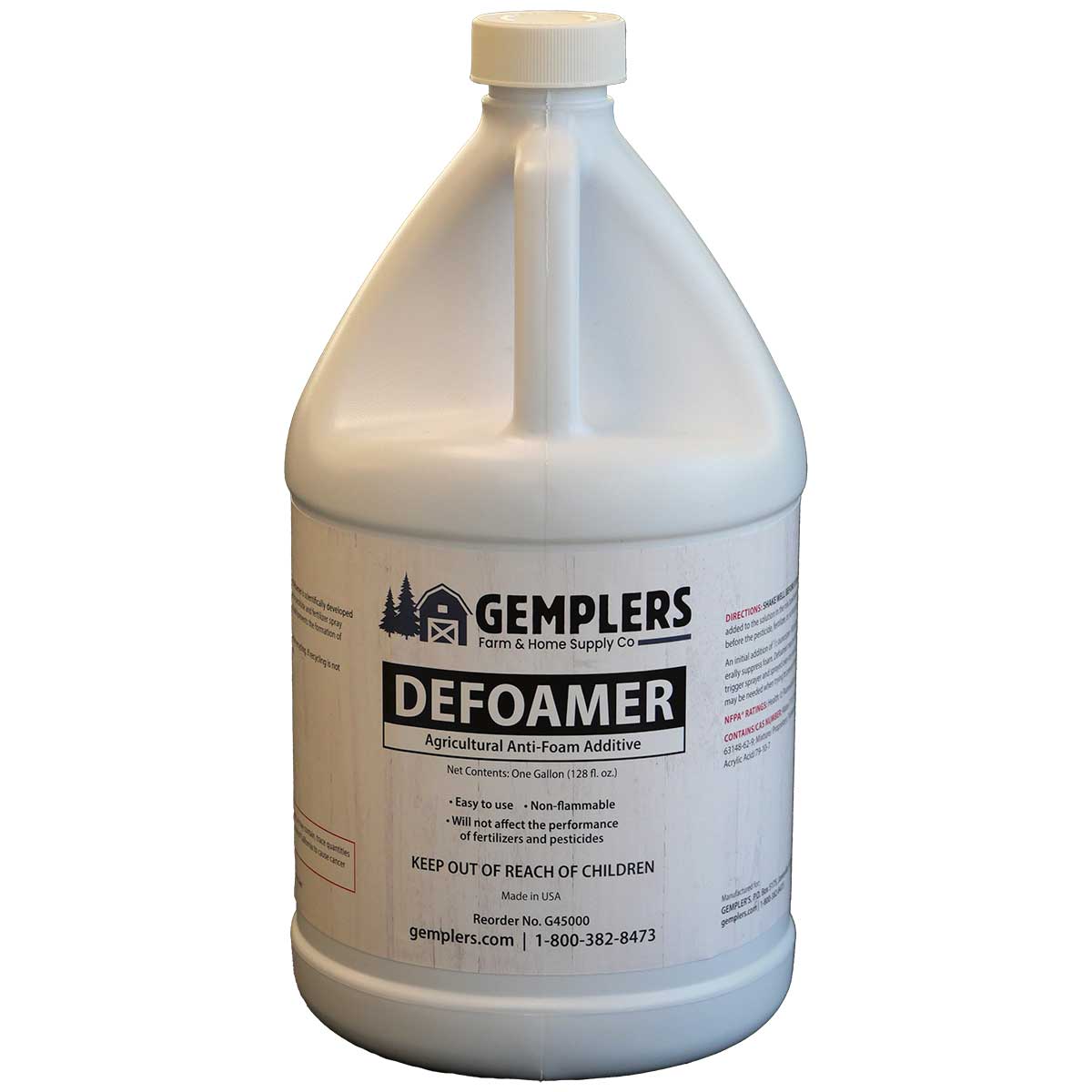How Defoamers Help Improve Performance in Coatings and Paints
Discover the Top Advantages of Using Defoamers in Industrial Processes
The application of defoamers in industrial procedures presents a variety of compelling advantages that can enhance functional efficiency and product top quality. By efficiently regulating foam manufacturing, these representatives not only optimize material circulation however additionally add to considerable price decreases and improved sustainability. Their application extends multiple markets, which elevates concerns regarding their duty in mitigating environmental effect while ensuring consistent outcome. Understanding these advantages is crucial for markets intending to refine their processes. The effects of adopting defoamers may be much more profound than at first regarded. What specific benefits could your organization harness?
Enhanced Process Performance
Maximizing commercial processes commonly entails addressing foaming problems, which can impede operational effectiveness. Foam development can conflict with the correct functioning of devices, minimize the reliable application of resources, and complicate the tracking of important parameters. By executing defoamers, markets can successfully minimize these issues, resulting in structured operations and enhanced efficiency.
Defoamers job by destabilizing the foam framework, enabling fast collapse and considerable decrease in foam quantity. This activity not just boosts the circulation of products with devices, such as pipes, reactors, and mixers, yet likewise lessens disruptions caused by foam overflow. Tools downtime is decreased, allowing for a much more effective and constant manufacturing process.
Additionally, the usage of defoamers can bring about minimized energy intake. With much less foam to handle, pumps and compressors can run extra effectively, leading to reduced functional expenses and an overall renovation in process throughput. Ultimately, the calculated usage of defoamers not only addresses immediate lathering obstacles but additionally adds to an extra effective commercial environment, cultivating a competitive advantage in a demanding market.
Improved Product High Quality
The integration of defoamers in industrial processes plays a vital function in boosting product quality. By properly controlling foam development, defoamers add to the consistency and uniformity of end products. Extreme foam can bring about oygenation, which negatively impacts the structure and stability of formulations, especially in markets such as food and drinks, drugs, and coatings.

Additionally, defoamers help with better blending and diffusion of components, resulting in homogeneity in formulations. This is essential in applications where specific component proportions are crucial for efficiency and security. In addition, the elimination of foam can lower the risk of contamination during production, more protecting item integrity.
Eventually, by improving product top quality, defoamers not only boost consumer contentment but likewise enhance brand online reputation. Their role in preserving high-quality requirements emphasizes their importance in contemporary commercial procedures.
Cost Reduction Advantages
Executing defoamers in industrial procedures can bring about significant expense decrease advantages. By properly managing foam development, defoamers decrease item loss during manufacturing, consequently maximizing product use. This decrease in waste translates directly into reduced basic material costs, enhancing overall operational effectiveness.
Additionally, using defoamers can lower power intake. Too much foam can prevent tools efficiency, leading to increased energy requirements to maintain production levels. By mitigating foam, defoamers help with smoother operations, enabling machinery to run much more effectively and minimizing power expenses.

Additionally, defoamers can reduce processing times. By utilizing defoamers, sectors can enhance their procedures, leading to faster turnaround times and boosted throughput.

Environmental Impact Reduction
In commercial processes, using defoamers plays an essential function in mitigating ecological effects connected with foam generation. Foam can result in significant operational inadequacies, resulting in boosted emissions and waste generation. By successfully controlling foam, defoamers assist keep process effectiveness, therefore reducing the overall environmental impact of procedures.
Moreover, excessive foam can overflow containment systems, resulting in spills that might infect dirt and water sources. Defoamers aid decrease this risk by guaranteeing that lathering best site does not go beyond recommended limits, promoting conformity with ecological laws. This aggressive technique not only safeguards environments however likewise enhances the sustainability of industrial techniques.
In addition, the usage of defoamers can reduce energy consumption in various procedures. defoamers. Minimizing foam formation decreases the need for added energy-intensive actions, such as raised anxiety or pumping, which may or else be needed to handle foam. The news fostering of defoamers aligns with broader sustainability objectives by promoting energy efficiency while minimizing the carbon footprint of commercial activities.
Inevitably, integrating defoamers right into industrial procedures is a tactical measure that sustains ecological stewardship and accountable source administration.
Versatility Across Industries
Throughout different sectors, defoamers demonstrate impressive flexibility, adjusting to the particular demands of diverse applications. In the food and beverage field, for example, defoamers are crucial to preserving item high quality by protecting against foam formation throughout handling, which can affect appearance and flavor. In the pharmaceutical industry, defoamers guarantee the security of solutions, improving item efficacy and consistency.
In the chemical production world, defoamers facilitate smoother operations by minimizing foam in response vessels, thus enhancing return and lowering downtime. The paper and pulp market counts on defoamers to enhance the effectiveness of pulp processing and paper manufacturing, ensuring optimal product stability. Furthermore, in wastewater therapy centers, defoamers play Clicking Here an essential duty in controlling foam during aeration processes, causing enhanced therapy end results.
The convenience of defoamers extends to the oil and gas industry, where they assist in managing foam in drilling fluids and manufacturing procedures. By customizing solutions to fulfill details sector needs, defoamers act as indispensable tools that boost functional performance, item high quality, and general process effectiveness across a multitude of fields. Their flexibility emphasizes their worth in contemporary industrial applications.
Conclusion
In conclusion, the usage of defoamers in commercial procedures presents various benefits, consisting of enhanced effectiveness, boosted product quality, considerable price reductions, and favorable ecological effects. The assimilation of defoamers stands for a calculated approach to attending to obstacles associated with foam management in numerous making environments.
Eventually, the strategic use of defoamers not just addresses immediate lathering obstacles yet also contributes to an extra efficient industrial environment, fostering a competitive advantage in a demanding market.
In industrial procedures, the usage of defoamers plays an important duty in mitigating ecological impacts associated with foam generation. By efficiently managing foam, defoamers assist preserve procedure efficiency, thus lowering the general ecological impact of procedures.
Additionally, in wastewater treatment centers, defoamers play an essential role in controlling foam during oygenation procedures, leading to enhanced treatment outcomes.
